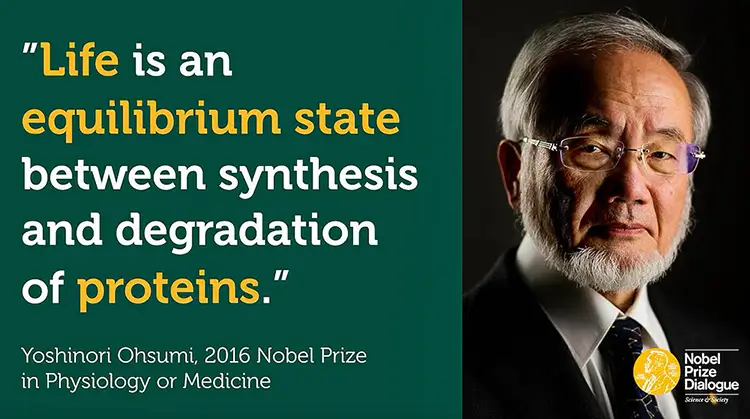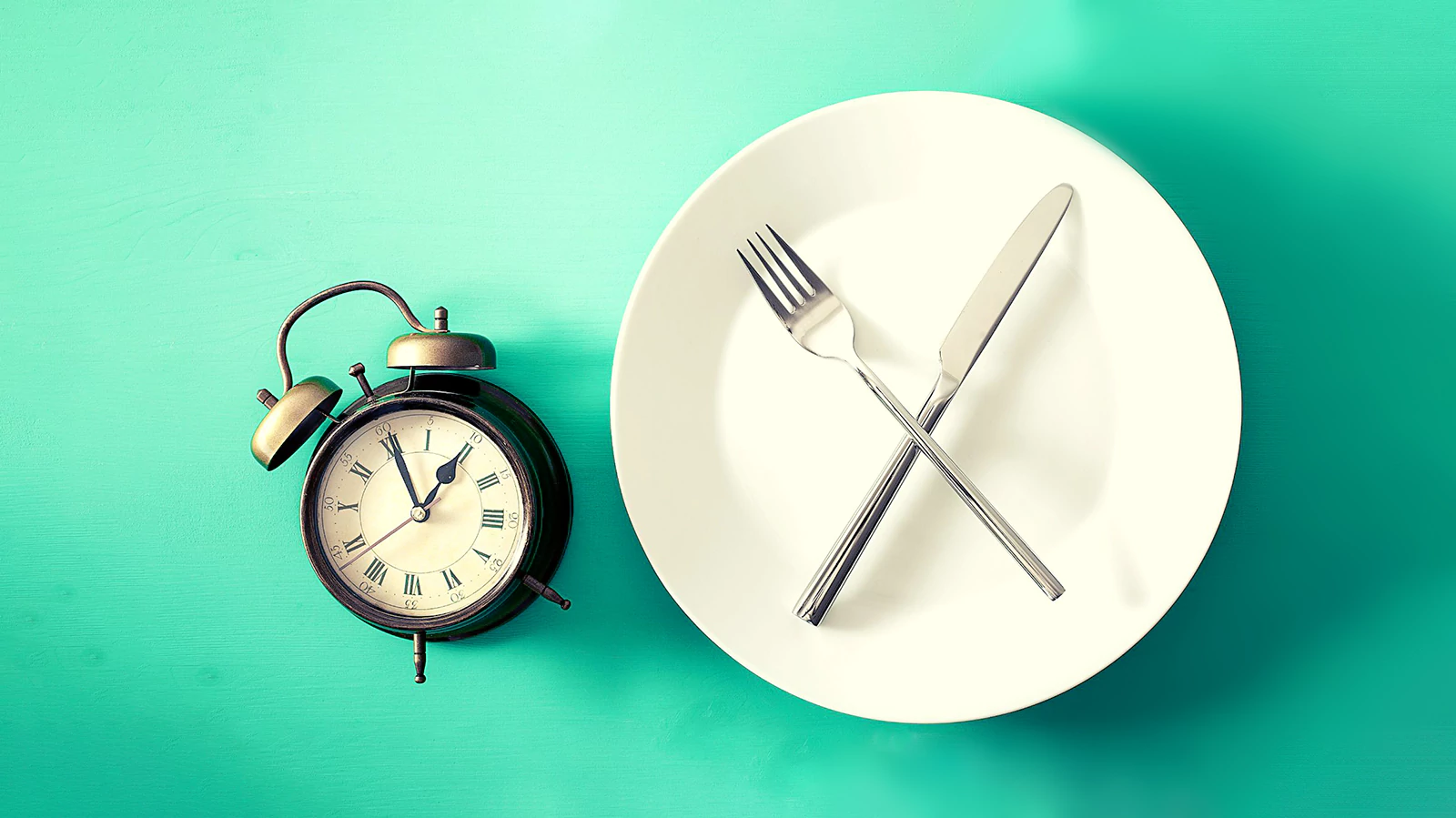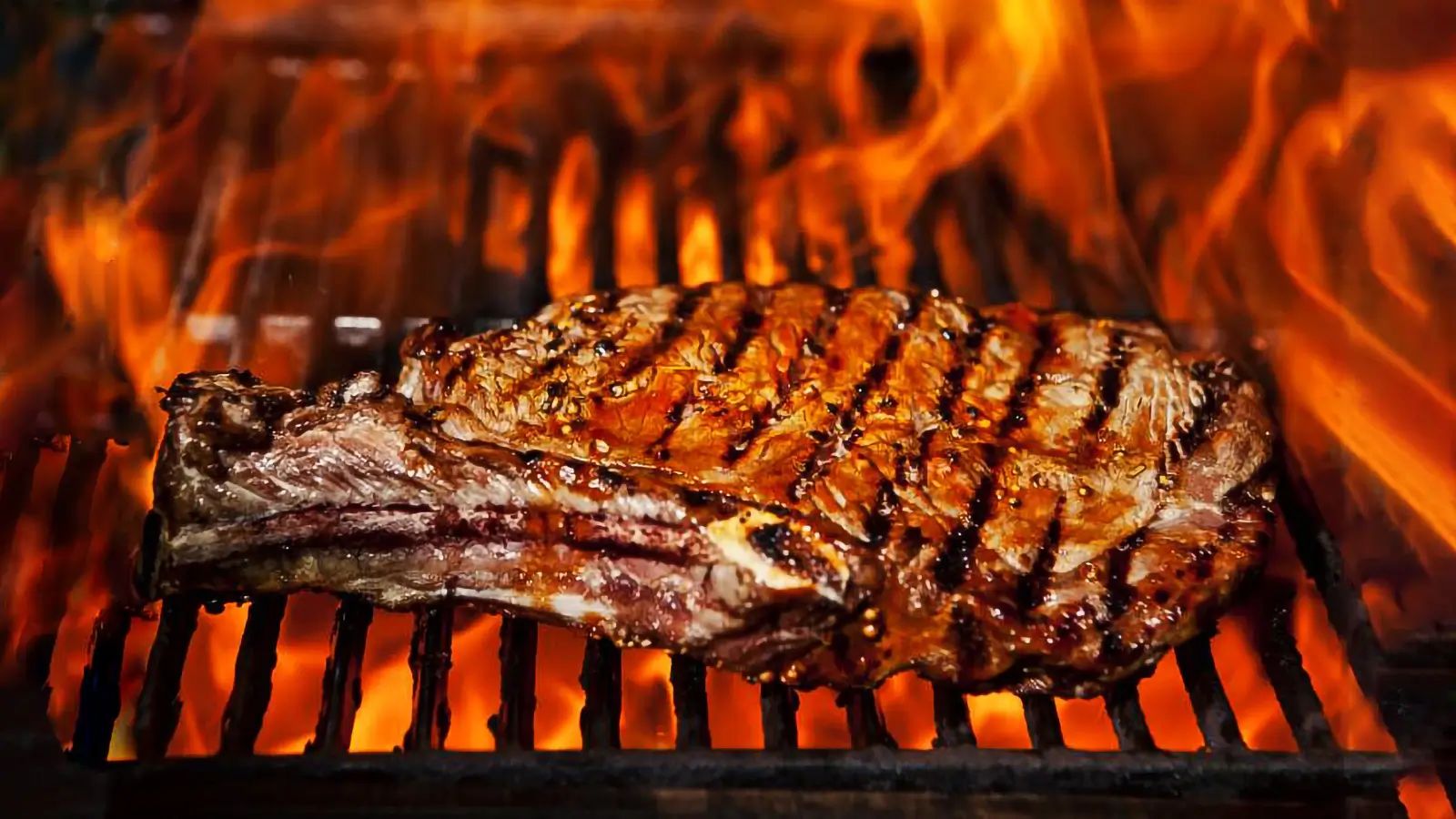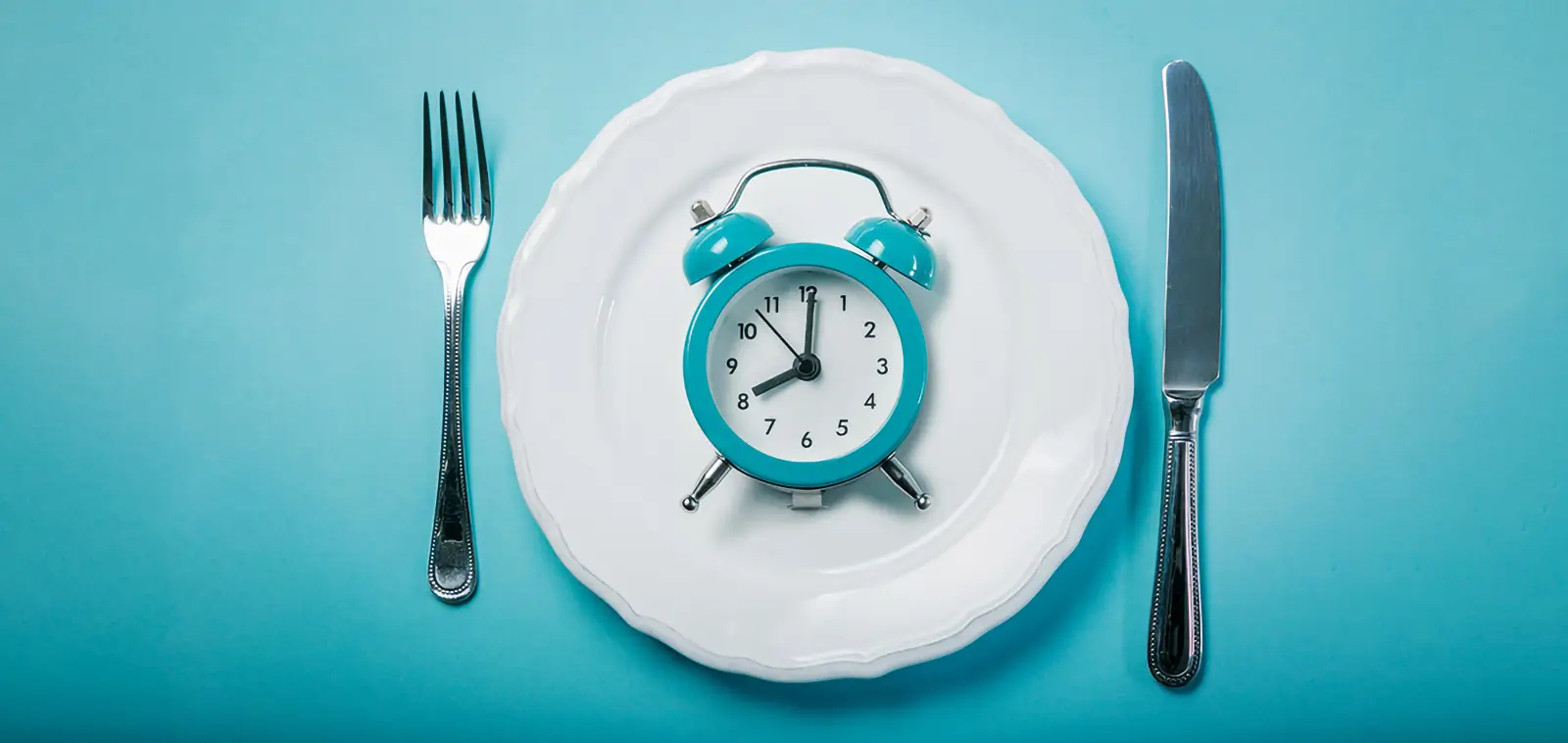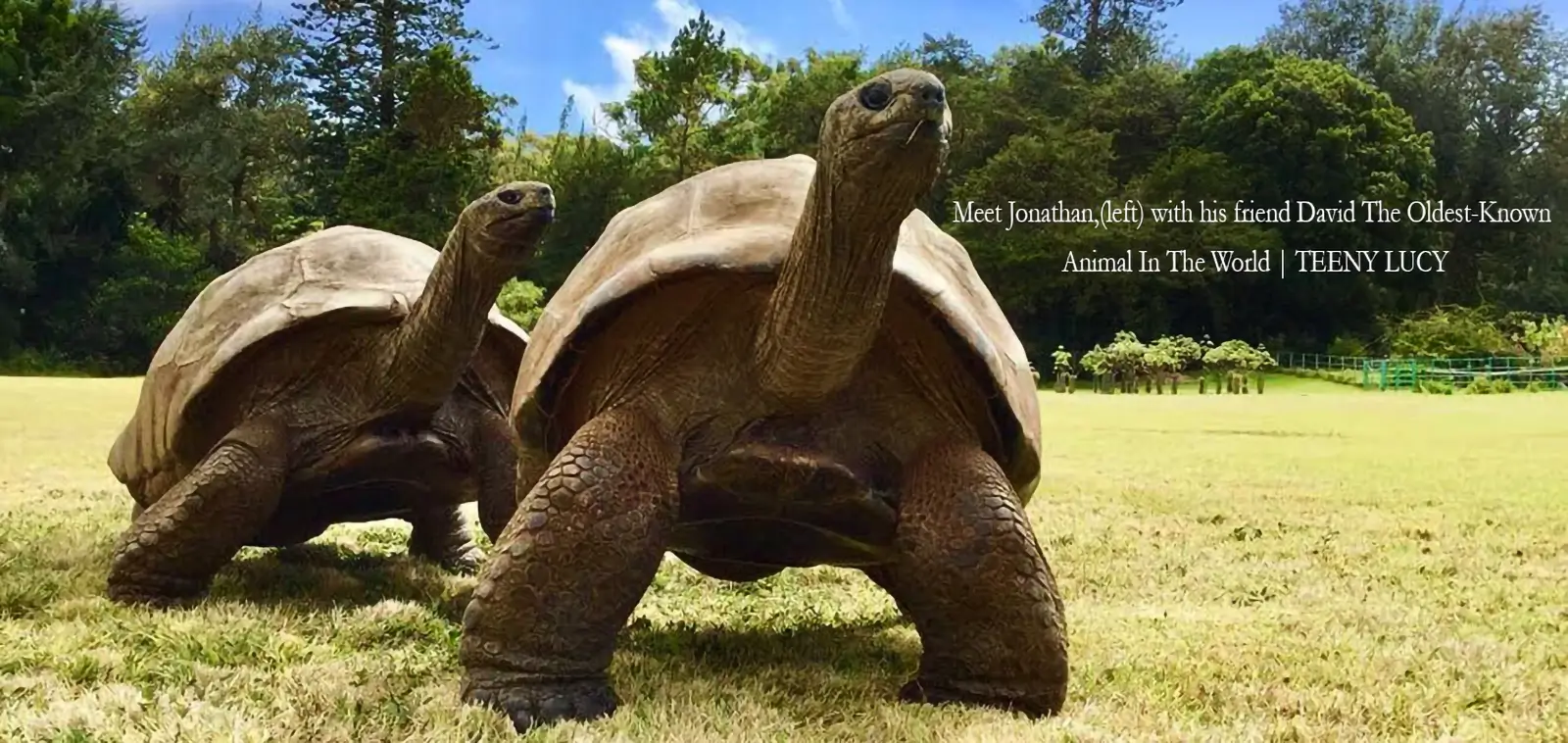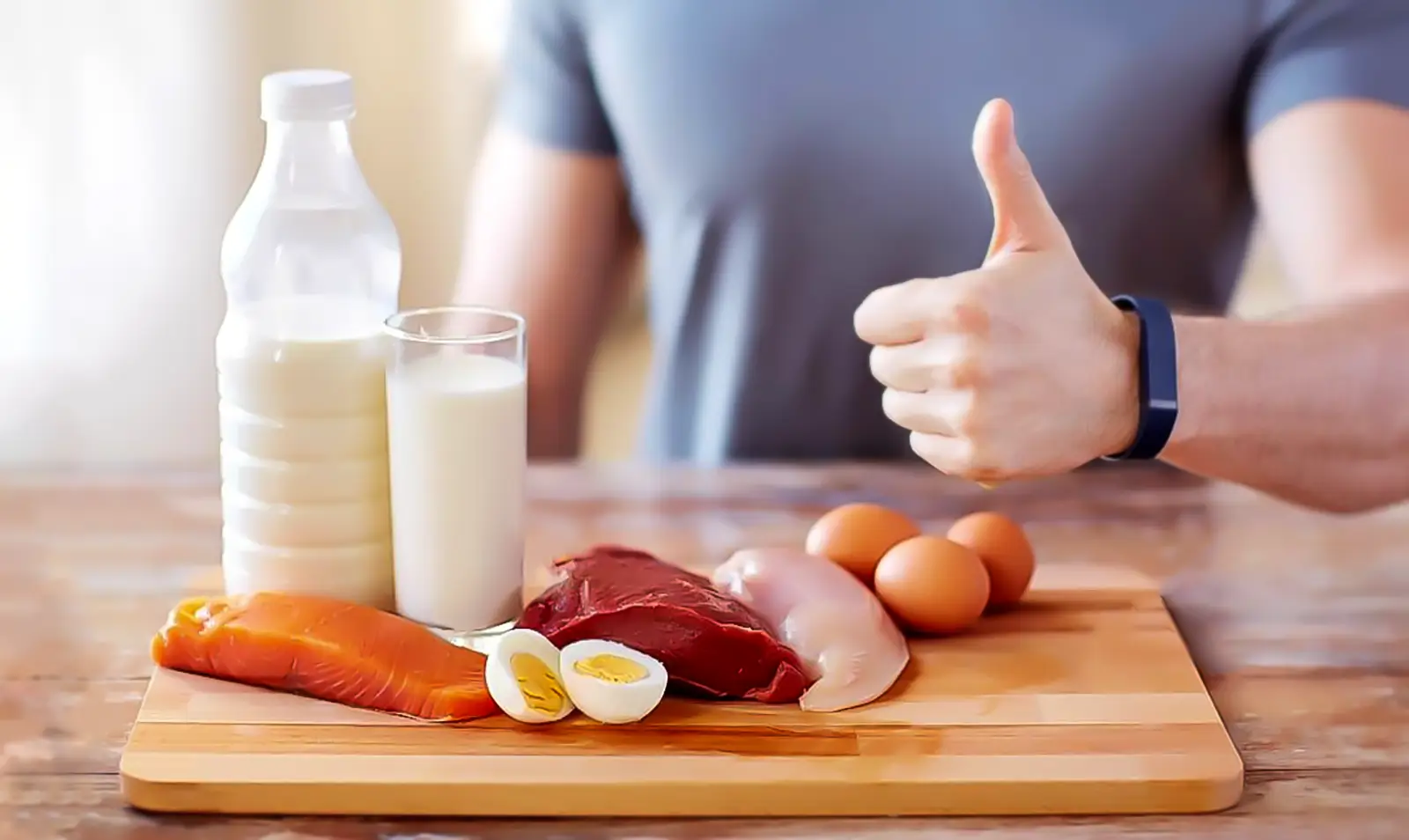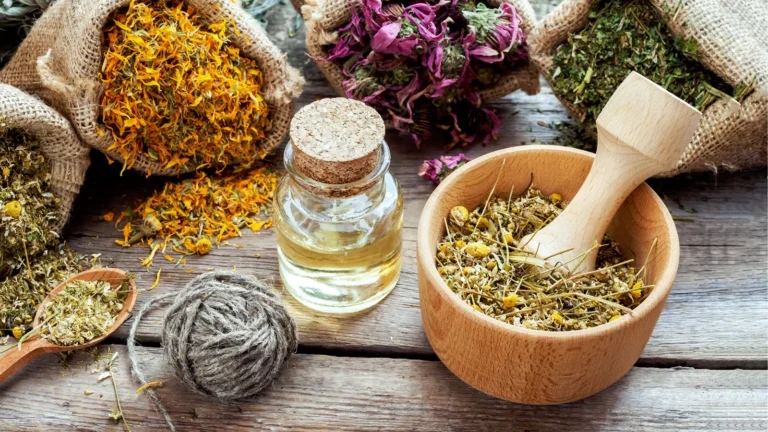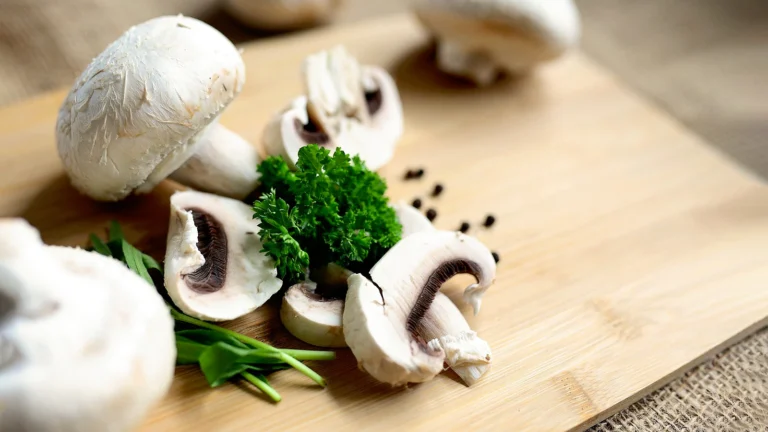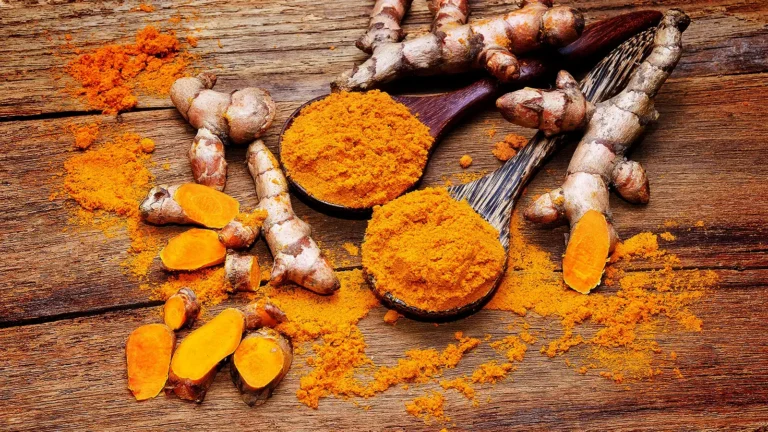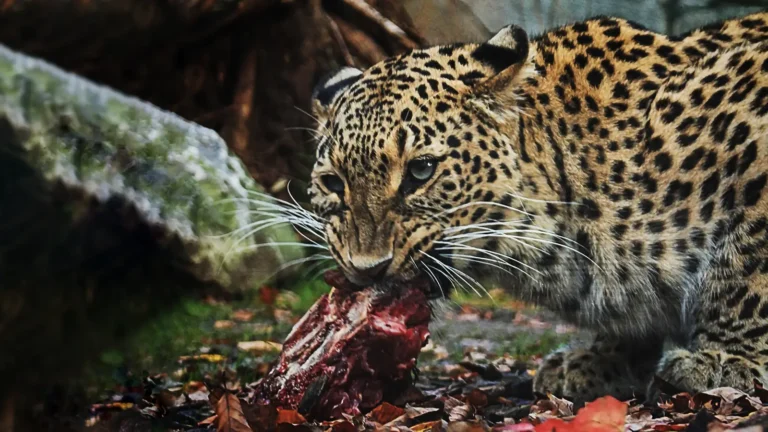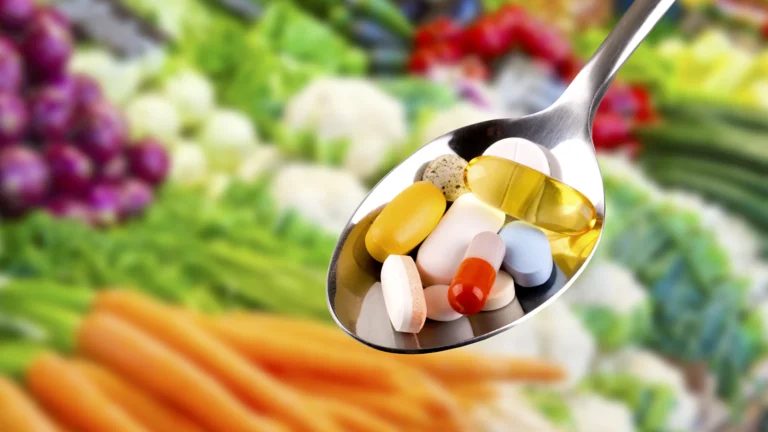Ограничение Калорийности, Аутофагия, Долголетие и Потеря Мышечной Массы
Мы все хотим значительного количества мышечной массы и быстрого метаболизма, чтобы мы могли есть больше, но аутофагия - это то, что соответствует эволюционной биологии.
Милош Покимица
Автор: Милош Покимица
Медицинская Обзор: Доктор Сюйинь Ван, Доктор Медицинских Наук.
Обновлено 9 июня 2023 годаМы хотим иметь как можно больше мышечной массы и быстрый метаболизм, чтобы есть больше и не набирать вес, но эволюционная биология снова подскажет нам, что является здоровым, и это не постоянное переедание. Животные в природе с трудом находят пищу, поэтому базовый уровень существования - это повышенный уровень аутофагии с прерывистым голоданием и ограничением калорий. Я воспользуюсь цитатой с сайта Национального института старения Министерства здравоохранения и социальных служб США:
"Начиная с 1930-х годов исследователи постоянно обнаруживали, что лабораторные крысы и мыши живут на 40% дольше обычного, а также оказываются более устойчивыми к возрастным заболеваниям, если их кормить диетой, содержащей по крайней мере на 30% меньше калорий, чем они обычно потребляют. Теперь исследователи изучают, влияет ли ограничение калорийности питания на старение обезьян и других нечеловеческих приматов и каким образом".
В настоящее время мы имеем большое количество исследований на людях (Фернандес-Руис, 2017). Реакция на ограничение калорий существует практически у всех видов, протестированных на сегодняшний день, и, вероятно, возникла очень рано в истории жизни на Земле как механизм, повышающий шансы выжить при периодическом дефиците. Существует разница между голоданием и длительным ограничением калорий, но механизм, лежащий в основе, один и тот же, и ограничение калорийности продлевает продолжительность жизни гораздо больше, чем периодическое голодание, хотя даже периодическое голодание оказывает благоприятное воздействие на продолжительность жизни.
Эти преимущества обусловлены двумя основными причинами. Существуют и другие преимущества, такие как:
- улучшение чувствительности к инсулину
- регулирование воспалительных процессов в организме
- голодание при образовании раковых клеток
- детоксикация
- улучшение структуры питания
- гормональная балансировка.
Однако на клеточном уровне существуют две основные причины, которые подчеркивают все остальные преимущества, проистекающие из них.
Во-первых, при голодании уровень инсулина в крови значительно снижается, а уровень гормона роста может увеличиться в 5 раз. Инсулин и гормон роста играют антагонистическую роль по отношению друг к другу. Если уровень одного из них повышен, то уровень другого будет низким. Когда мы ложимся спать, голодаем в течение 10 часов, инсулин снижается, а HGH (гормон роста человека) повышается. Когда HGH повышается, мы растем, особенно если вы находитесь в пубертатном периоде. HGH стимулирует рост, воспроизводство и регенерацию клеток. Таким образом, он играет важную роль в развитии человека.
Во-вторых, при голодании в клетках запускаются важные процессы клеточного восстановления и изменяется состав экспрессируемых ими генов. Мы начинаем регенерировать и обеспечиваем очищение и детоксикацию организма. Одна из причин снижения аппетита у больных людей заключается в том, что их организм находится в процессе интенсивной регенерации. В медицинской терминологии эта регенерация называется аутофагией.
В переводе с древнегреческого слово "phagy" означает "есть", а слово "auto" - "сам", так что аутофагия означает литературное самопоедание. Вы съедаете себя каждый день. Когда любая клетка в нашем теле умирает, она не пропадает. Происходит переработка. Аутофагия - это совершенно естественный физиологический метод в организме, который занимается уничтожением клеток. Она контролирует гомеостаз или регулярное функционирование путем деградации белков, разрушения и оборота разрушенных клеточных органелл для образования новых клеток. Во время клеточного стресса (лишения питательных веществ) процесс аутофагии усиливается.
Аутофагия обладает способностью также разрушать клетки при определенных условиях. Существует форма запрограммированной клеточной гибели и аутофагия-индуцированная клеточная гибель. Это два разных типа. Запрограммированную клеточную смерть принято называть апоптозом. Аутофагию называют неапоптотической запрограммированной гибелью клеток с отличными от апоптоза путями и медиаторами. Это также является ключом к ограничению калорий и голоданию. Если клетка, например, предраковая, повреждена или мутировала каким-либо образом, аутофагическая гибель клеток поможет нашему организму очиститься.
После истощения запасов гликогена наступает усиленная аутофагия, и организм в значительной степени опирается на аминокислоты и катаболизм белков для получения энергии. При этом будут расходоваться аминокислоты, и часть мышечной массы будет потеряна.
Более того, это хорошо.
Наш организм гораздо умнее, чем мы думаем. Наше сердце - это тоже мышца, но ее не трогают. Сначала идет гликоген, потом жир, потом мышцы, потом жизненно важные органы, а потом мы умираем от недоедания. Это гениальный план поддержания жизни в условиях голода. Если есть "плохая" клетка и "хорошая" клетка и некоторым из них нужно "уйти" за энергией, первой на очереди будет плохая клетка. Первыми в очереди на избавление стоят те части системы, которые могут быть повреждены или устарели. Неэффективные части. Считается, что отсутствие аутофагии является одной из основных причин накопления поврежденных клеток, а это может привести к серьезным осложнениям со здоровьем. Если мы начинаем сильно повреждать организм химиотерапией или другими токсинами, то циклы голодания могут сгенерировать, в буквальном смысле, совершенно новую иммунную систему.
Физические упражнения сами по себе способны увеличить аутофагию в ситуации, когда аутофагия уже происходит. Чем интенсивнее упражнения, тем они эффективнее. Однако если мы едим и занимаемся спортом, то само по себе упражнение не принесет пользы.
Самый быстрый способ остановить аутофагию - это потребление большого количества полноценного белка. Это приведет к стимуляции IGF-1 (инсулиноподобного фактора роста 1) и mTOR (рапамицина), которые являются мощными ингибиторами аутофагии. IGF-1 (инсулиноподобный фактор роста) в некоторой степени отвечает за рост мышц. Однако катастрофическим побочным эффектом IGF-1 является рак. Лучше всего ограничить количество белка до 50-70 г в день, в зависимости от массы тела. Когда мы потребляем большое количество белка, наша печень обнаруживает это и реагирует следующим образом:
"Эй, давайте выращивать, у нас теперь есть все незаменимые аминокислоты".
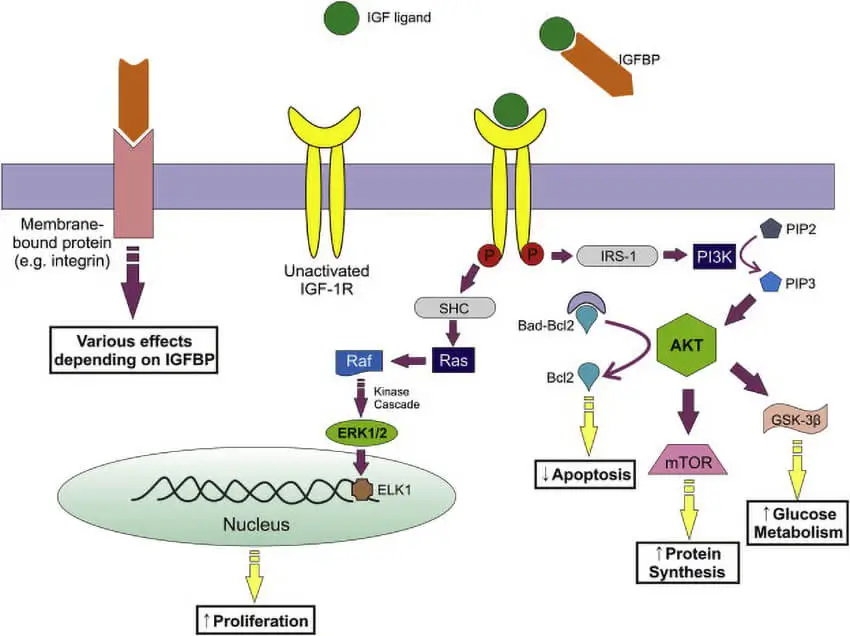
Он начинает перекачивать ИФР-1. В печени, находящейся в состоянии голодания, связывание GH (гормона роста) снижается, поэтому в кровотоке остается больше GH. При ограничении белка рецепторы для ГР сохраняются, но не для ИФР-1.
Чтобы избежать потери мышечной массы при ограничении калорий и соблюдении диеты и увеличить пользу от ограничения калорий, следует выполнять умеренные тренировки с сопротивлением. Это не предотвратит потерю мышц, но в определенной степени будет полезно (Cava et al., 2017).
Другой способ - избегать не веганской пищи или, другими словами, источников "полноценного" белка в больших количествах.
Если мы потребляем неполноценный источник белка, то есть в нем отсутствуют некоторые незаменимые аминокислоты, то это не будет способствовать высвобождению ИФР-1 на том же уровне. Речь идет не только об общем количестве потребляемого белка, но и о его источнике (Аллен и др., 2002).
Если вы веган и употребляете полноценные источники белка, такие как соя, то польза от этого будет сведена на нет. Это связано с профилем белка. Например, у веганов, употребляющих от 7 до 18 порций соевой пищи в день, уровень циркулирующего IGF-1 может оказаться сопоставимым с тем, который наблюдается у тех, кто ест мясо. Это объясняется тем, что соя содержит полноценный белок. Некоторые другие растения также содержат высококачественные белки. Высокий уровень потребления белок в рационе имеет и другие негативные эффекты. Кроме того, если ваша единственная цель - предотвратить потерю мышечной массы во время диеты и вы не заинтересованы в долголетии, вам следует увеличить потребление белка.
Хорошая новость заключается в том, что мы можем использовать аутофагию для очистки нашей генетической базы, плохая - в том, что мы больше этого не делаем. Раньше природа заставляла нас, не предоставляя достаточно ресурсов. Сегодня мы регулярно едим, и даже если мы проголодаемся, этого будет недостаточно, чтобы истощить запасы гликогена.
Ссылки:
- Фернандес-Руис И. (2017). Метаболизм: Ограничение калорий для здорового старения. Природные обзоры. Кардиология, 14(4), 190. https://doi.org/10.1038/nrcardio.2017.26
- Cava, E., Yeat, N. C., & Mittendorfer, B. (2017). Сохранение здоровых мышц во время снижения веса. Достижения в области питания, 8(3), 511-519. https://doi.org/10.3945/an.116.014506
- Аллен, Н. Е., Эпплби, П. Н., Дэйви, Г. К., Каакс, Р., Ринальди, С., и Ки, Т. Дж. (2002). Ассоциации диеты с сывороточным инсулиноподобным фактором роста I и его основными связывающими белками у 292 женщин-мясоедов, вегетарианцев и веганов. Эпидемиология, биомаркеры и профилактика рака : издание Американской ассоциации по изучению рака, при поддержке Американского общества профилактической онкологии, 11(11), 1441-1448.[PubMed].
- Уэлтон, С., Минти, Р., О'Дрисколл, Т., Уиллмс, Х., Пуарье, Д., Мэдден, С., и Келли, Л. (2020). Прерывистое голодание и потеря веса: Систематический обзор. Канадский семейный врач Medecin de famille canadien, 66(2), 117-125.[PubMed].
- Зухаль, Х., Саиди, А., Салхи, А., Ли, Х., Эссоп, М. Ф., Лахер, И., Риби, Ф., Амани-Шаламзари, С., и Бен Абдеррахман, А. (2020). Тренировки с физическими упражнениями и голодание: Current Insights. Журнал спортивной медицины в открытом доступе, 11, 1-28. https://doi.org/10.2147/OAJSM.S224919
- Дендулури, С. К., Идову, О., Ван, З., Ляо, З., Янь, З., Мохаммед, М. К., Йе, Ж., Вэй, К., Ван, Ж., Чжао, Л., и Луу, Х. Х. (2015). Сигнализация инсулиноподобного фактора роста (ИФР) в опухолевом генезе и развитии лекарственной устойчивости рака. Гены и болезни, 2(1), 13-25. https://doi.org/10.1016/j.gendis.2014.10.004
Похожие Записи
У вас есть какие-либо вопросы о питании и здоровье?
Я хотел бы услышать ваше мнение и ответить на них в моем следующем посте. Я ценю ваш вклад и мнение и с нетерпением жду вашего скорого ответа. Я также приглашаю вас следовать за нами на Facebook, Instagram и Pinterest для получения дополнительной информации о диетах, питании и здоровье. Там можно оставить комментарий и пообщаться с другими приверженцами здорового образа жизни, поделиться своими советами и опытом, а также получить поддержку и ободрение от нашей команды и сообщества.
Я надеюсь, что эта статья была для вас познавательной и приятной и что вы готовы применить полученные знания. Если эта статья оказалась полезной, пожалуйста поделиться с друзьями и родственниками, которым это может быть полезно. Никогда не знаешь, кому может понадобиться совет и поддержка на пути к здоровью.
– Вам Также Может Понравиться –

Узнайте о Питании
Милош Покимица - доктор естественной медицины, клинический диетолог, автор статей о здоровье и питании и консультант по вопросам питания. Автор серии книг Стать веганом? Обзор науки, он также управляет веб - сайтом natural health GoVeganWay.com
Медицинский Отказ от Ответственности
GoVeganWay.com предлагает вам обзоры последних исследований, связанных с питанием и здоровьем. Предоставленная информация представляет собой личное мнение автора и не предназначена и не подразумевается в качестве замены профессиональной медицинской консультации, диагностики или лечения. Предоставленная информация предназначена исключительно для информационных целей и не предназначена для замены консультации, диагностики и/или лечения у квалифицированного врача или поставщика медицинских услуг.НИКОГДА НЕ ПРЕНЕБРЕГАЙТЕ ПРОФЕССИОНАЛЬНЫМИ МЕДИЦИНСКИМИ СОВЕТАМИ И НЕ ОТКЛАДЫВАЙТЕ ОБРАЩЕНИЕ ЗА МЕДИЦИНСКОЙ ПОМОЩЬЮ ИЗ-ЗА ТОГО, ЧТО ВЫ ЧТО-ТО ПРОЧИТАЛИ Или ПОЛУЧИЛИ ДОСТУП Через GoVeganWay.com
НИКОГДА НЕ МЕНЯЙТЕ ОБРАЗ ЖИЗНИ Или КАКИЕ-ЛИБО ИЗМЕНЕНИЯ ВООБЩЕ ВСЛЕДСТВИЕ ТОГО, ЧТО ВЫ ПРОЧИТАЛИ В GoVeganWay.com ДО КОНСУЛЬТАЦИИ С ЛИЦЕНЗИРОВАННЫМ ПРАКТИКУЮЩИМ ВРАЧОМ.
В случае неотложной медицинской помощи немедленно позвоните врачу или 911. GoVeganWay.com не рекомендует и не одобряет какие-либо конкретные группы, организации, тесты, врачей, продукты, процедуры, мнения или другую информацию, которая может быть упомянута внутри.
Выбор редактора –
Милош Покимица — автор статей о здоровье и питании, консультант по вопросам диетологии. Автор серии книг Стать веганом? Обзор науки, он также управляет веб - сайтом natural health GoVeganWay.com
Последние статьи -
Главные Новости Эдравоохранения — ScienceDaily
- A hidden Aloe vera compound takes aim at Alzheimer’son Февраль 8, 2026
Scientists have uncovered promising clues that compounds found in Aloe vera could play a role in fighting Alzheimer’s disease. Using advanced computer modeling, researchers discovered that beta-sitosterol—a natural plant compound—strongly interacts with two key enzymes involved in memory loss and cognitive decline. The compound showed stability, strong binding, and favorable safety indicators, making it a standout candidate for future drug development.
- New drug resets the body clock and cuts jet lag recovery nearly in halfon Февраль 8, 2026
Scientists have identified a promising new compound, Mic-628, that can reliably shift the body’s internal clock forward—something that’s notoriously hard to do. By targeting a key clock-control protein, Mic-628 jump-starts the gene that sets daily rhythms, synchronizing both the brain’s master clock and clocks throughout the body. In mice experiencing simulated jet lag, a single dose cut recovery time nearly in half.
- Scientists found a gut compound that helps protect the liveron Февраль 8, 2026
What a mother eats during pregnancy may quietly shape her child’s liver health years down the road—but new research suggests there may be a way to tip the odds back in a healthier direction. Scientists found that a natural compound made by healthy gut bacteria dramatically reduced fatty liver disease in the offspring of mice whose mothers ate a high-fat, high-sugar diet. The compound, called indole, appeared to protect the liver, improve blood sugar, limit weight gain, and even reshape the […]
- That dry, bitter taste may be waking up your brainon Февраль 7, 2026
New research suggests the astringent sensation caused by flavanols could act as a direct signal to the brain, triggering effects similar to a mild workout for the nervous system. In mouse experiments, flavanol intake boosted activity, curiosity, learning, and memory—despite these compounds barely entering the bloodstream. The key appears to be sensory stimulation: the taste itself activates brain pathways linked to attention, motivation, and stress response, lighting up regions involved in […]
- How COVID and H1N1 swept through U.S. cities in just weekson Февраль 7, 2026
New simulations reveal that both H1N1 and COVID-19 spread across U.S. cities in a matter of weeks, often before officials realized what was happening. Major travel hubs helped drive rapid nationwide transmission, with air travel playing a bigger role than daily commuting. Unpredictable transmission patterns made real-time forecasting especially difficult. The study highlights why early detection systems are critical for slowing future pandemics.
- Menopause linked to grey matter loss in key brain regionson Февраль 7, 2026
A major study suggests menopause is linked to changes in brain structure, mental health, and sleep. Brain scans revealed grey matter loss in areas tied to memory and emotional regulation, while many women reported increased anxiety, depression, and fatigue. Hormone therapy did not reverse these effects, though it may slow age-related declines in reaction speed. Researchers say menopause could represent an important turning point for brain health.
- A century of hair shows how lead exposure collapsedon Февраль 7, 2026
For decades, Americans were surrounded by lead from car exhaust, factories, paint, and even drinking water, often without realizing the damage it caused. By analyzing hair samples preserved across generations, scientists uncovered a striking record of how exposure soared before environmental rules and then collapsed after leaded gasoline and other sources were phased out.
Опубликованный, #веганская диета –
- Growth Trajectories in Infants From Families With Plant-Based or Omnivorous Dietary Patternson Февраль 5, 2026
CONCLUSIONS AND RELEVANCE: In this cohort study, infants from vegan households had growth patterns similar to those from omnivorous households, with a higher odds of early underweight that decreased by age 24 months. In the context of developed countries, these findings seem reassuring. Further research should examine vegan diet quality and the impact of nutritional counseling during pregnancy and infancy in supporting optimal infant development.
- Influences of vegan status on protein intake, lean body mass, and strength in lightly active, young women: A cross-sectional studyon Февраль 5, 2026
CONCLUSION: These data suggest that functional indicators of body protein status may be adversely impacted by long-term adherence to vegan diets in young adult women.
- Diet type and the oral microbiomeon Февраль 2, 2026
CONCLUSION: The diet-oral microbiome-systemic inflammation axis is bidirectional and clinically relevant. Understanding both direct ecological regulation and indirect metabolic effects is essential to support precision nutrition strategies aimed at maintaining oral microbial balance and systemic inflammatory risk mitigation.
- Consensus document on healthy lifestyleson Январь 22, 2026
Proteins are a group of macronutrients that are vital to our lives, as they perform various functions, including structural, defensive and catalytic. An intake of 1.0-1.2 g/kg/body weight per day would be sufficient to meet our needs. Carbohydrate requirements constitute 50 % of the total caloric value and should be obtained mainly in the form of complex carbohydrates. In addition, a daily intake of both soluble and insoluble fiber is necessary. Regular consumption of extra virgin olive oil […]
- Vitamin B12 and D status in long-term vegetarians: Impact of diet duration and subtypes in Beijing, Chinaon Январь 21, 2026
CONCLUSIONS: This study reveals a dual challenge among Beijing long-term vegetarians: vitamin B12 deficiency was strongly associated with the degree of exclusion of animal products from the diet (veganism), while vitamin D deficiency was highly prevalent and worsened with longer diet duration. The near-universal vitamin D deficiency observed in this study suggests that, in the Beijing context, the risk may extend beyond dietary choice, potentially reflecting regional environmental factors;…
Случайные сообщения –
Популярные сообщения -
Последние новости от PubMed, #растительная диета –
- Healthy Eating Index-2020 and Risk of Endometrial Cancer: A Case-Control Study Among Iranian Womenby Elahe Etesami on Февраль 7, 2026
Endometrial cancer (EC) is a gynecologic malignancy with rising incidence globally, particularly in countries experiencing nutritional transitions. Diet quality may influence EC risk, yet evidence from non-Western populations remains limited. We conducted a hospital-based case-control study involving 136 histologically confirmed EC cases and 272 age- and BMI-matched controls in Tehran, Iran. Dietary intake was assessed using a validated 168-item food frequency questionnaire. Healthy Eating…
- Association of unhealthful plant-based diet and social isolation with multi-trajectories of frailty in surviving chinese older adults over a 10-year follow-upby Yaqi Wang on Февраль 7, 2026
CONCLUSION: uPDI and social isolation were both individually and jointly associated with multi-trajectories of frailty in surviving Chinese older adults over a 10-year follow-up.
- In vivo screening of Thai plant extracts for Antithrombocyte activity using zebrafish: Discovery of novel antiplatelet compoundsby Thanasan Patcharapinyopong on Февраль 7, 2026
Current antithrombotic therapies are associated with significant side effects, including gastrointestinal and intracranial bleeding, as well as interactions with diet and other medications. These limitations underscore the need for safer, more effective alternatives. Given the conservation of coagulation and platelet activation pathways between zebrafish and mammals, we investigated the utility of zebrafish as an in vivo model for screening plant-derived compounds with anti-platelet activity….
- Nourishing minds: the connection between healthy eating and academic success in higher educationby Jillian Weathington on Февраль 7, 2026
CONCLUSION: Overall, college students reported poor DQ; however, personal (e.g., gender) and environmental factors (e.g., living arrangements) were associated with one’s DQ. Further investigation is needed to facilitate the development of effective interventions that encourage healthier dietary habits among college students to improve their overall health and wellness.
- Association of plant-based diet with the risk of large-for-gestational-age birth in women with gestational diabetes mellitusby Yuhua Yin on Февраль 6, 2026
No abstract
- Systematic Comparison of Anti-Obesity Effects Among Three Characteristic Aroma-Type Liubao Teas Based on Anti-Inflammatory and Lipid-Lowering Activitiesby Xuan Guan on Февраль 6, 2026
Liubao tea (LBT), a traditional dark tea, is recognized for its health-promoting properties, particularly its potential to mitigate obesity. However, differences in functional efficacy among distinct aroma types remain unexplored. In this study, we systematically compared the anti-obesity activities and phytochemical characteristics of three aroma-type LBTs, namely, ginseng (GA), betelnut (BA), and stale (SA), to clarify the compositional and functional distinctions. Phytochemical analysis…
